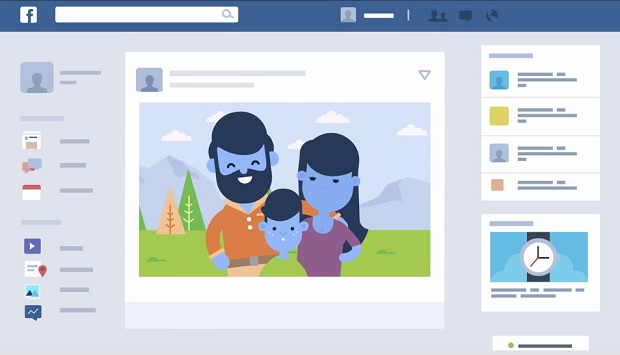Facebook has updated its Community Standards page, explaining in detail what’s acceptable to share on the social network, including clarifications on nudity, hate speech, bullying and harassment.
At 2,500 words the new Community Standards are significantly longer than before. The page is divided into four sections, focusing on safety, respectful behaviour, privacy and security and intellectual property.
Perhaps the most interesting section to many users will be the one entitled “Encouraging respectful behavior,” which includes a subsection on nudity.
Facebook’s rules on nudity have so far been quite vague, leaving many users confused about why some content is banned while other, potentially more offensive pieces of content, are acceptable.
“We remove photographs of people displaying genitals or focusing in on fully exposed buttocks. We also restrict some images of female breasts if they include the nipple,” says the Nudity portion of Facebook’s Community Standards page.
However, photos of women “actively engaged in breastfeeding,” or post-surgery breast photos are ok, as are photographs of paintings and sculptures that depict nude figures.
A post from the company on Monday co-written by Monika Bickert, head of global policy management, and Chris Sonderby, Facebook’s deputy general counsel, read: “It’s a challenge to maintain one set of standards that meets the needs of a diverse global community.
“People from different backgrounds may have different ideas about what’s appropriate to share – a video posted as a joke by one person might be upsetting to someone else, but it may not violate our standards.
It concluded: “We know that our policies won’t perfectly address every piece of content, especially where we have limited context, but we evaluate reported content seriously and do our best to get it right.”
Bickert also expanded on what Facebook defines as nudity for the New York Times: “We remove photographs of people displaying genitals or focusing in on fully exposed buttocks.”
Commenting on the fact that the site bans images of the female breast if the nipple is visible, Bickert added, “but we always allow photos of women actively engaged in breast-feeding or showing breasts with post-mastectomy scarring”.
Earlier this month, a French court ruled that a man who posted a famous artwork of a vagina could sue the company for banning his account.

